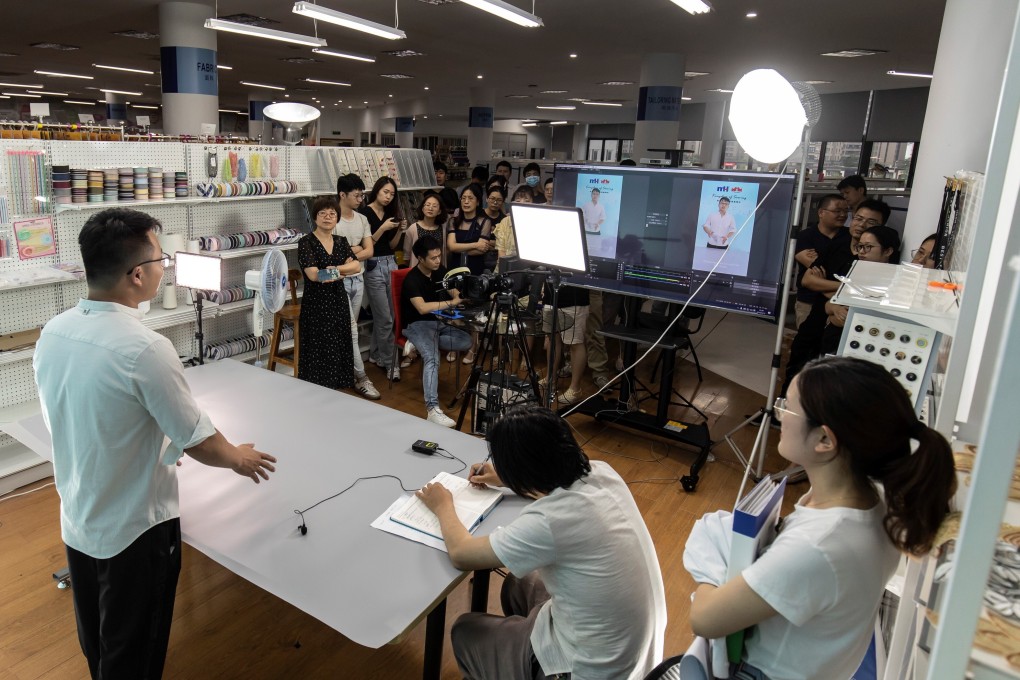Coronavirus: China’s virtual Canton Fair of ‘little interest’ to foreign buyers, as impact of pandemic lingers
- The spring session of the Canton Fair, China’s oldest and largest trade expo, will be held online between June 15 and June 24
- But few Chinese exporters are optimistic it will drum up new business amid the coronavirus and growing US-China tensions

Thousands of Chinese exporters will turn out to promote their products in a “virtual hall” at China’s biggest trade fair on Monday, after concerns about the spread of the coronavirus saw the iconic event shifted online.
The government-backed organisers, with the help of Chinese technology giant Tencent, are rolling out a 24-hour live streaming platform for exhibitors to hold online negotiations with buyers from around the world. Some vendors are even offering customers the chance to view their products with virtual and augmented reality.
The biannual event, which is often seen as a barometer of the country’s trade economy, is being held at a difficult time for China’s exporters, who are grappling with plunging international orders and uncertainty from a deteriorating bilateral relationship between Beijing and Washington.
We checked with veteran foreign buyers and found disappointedly that they have little interest in the virtual fair